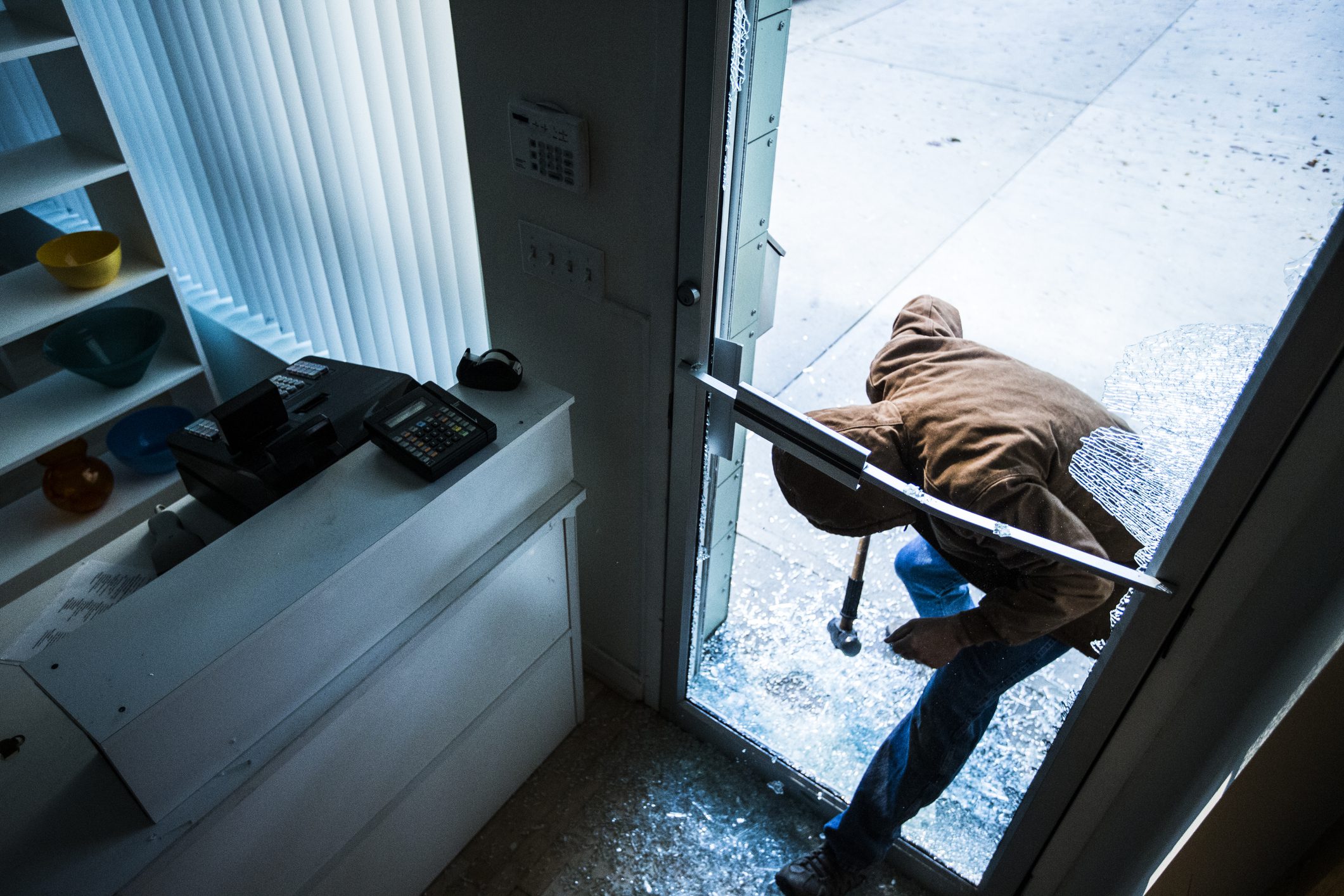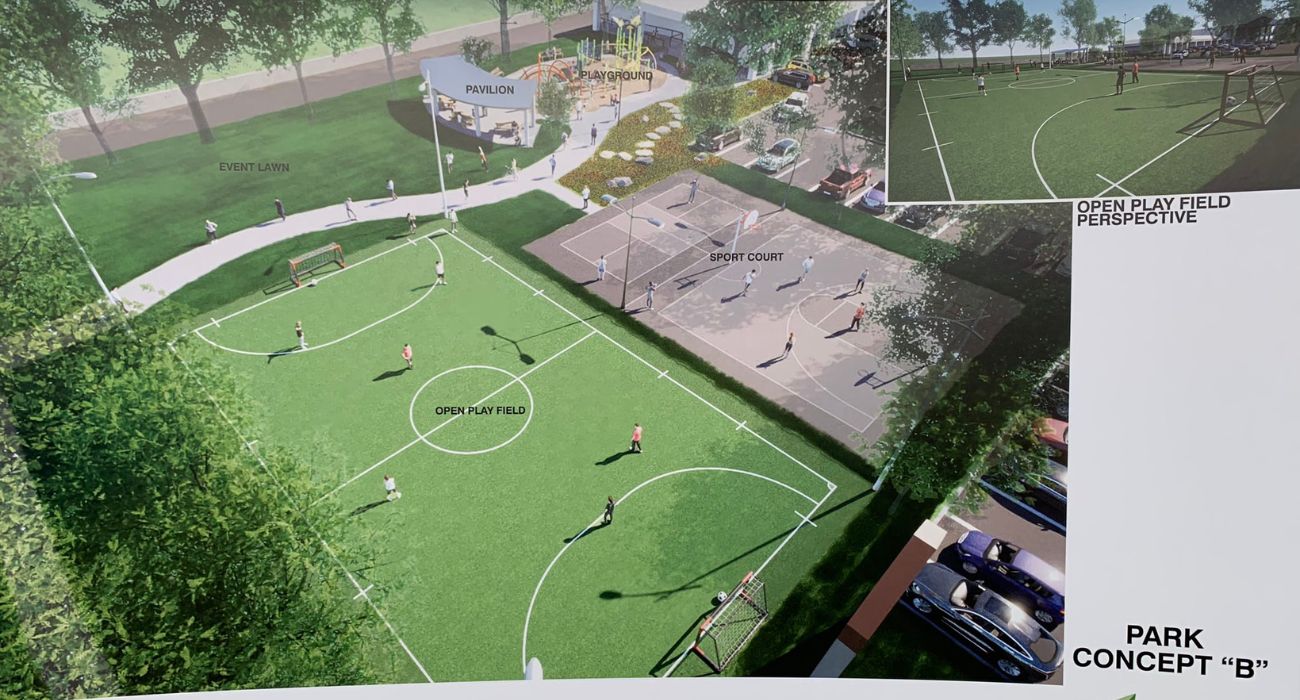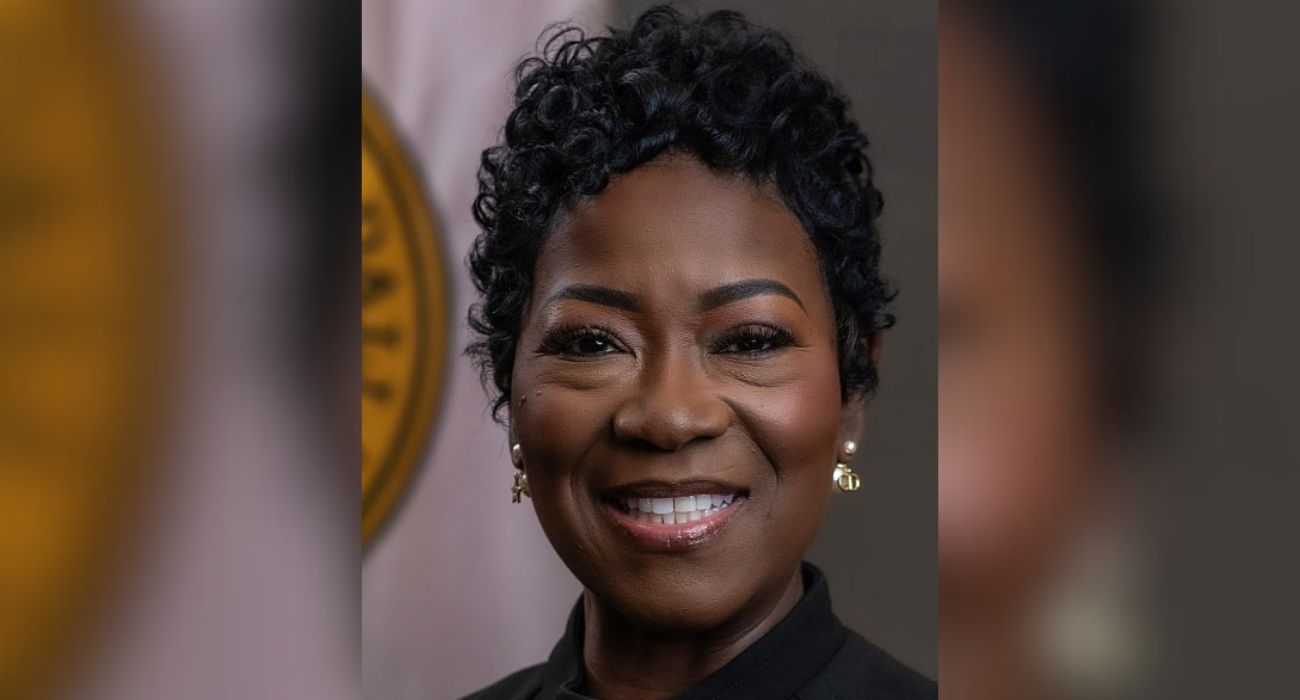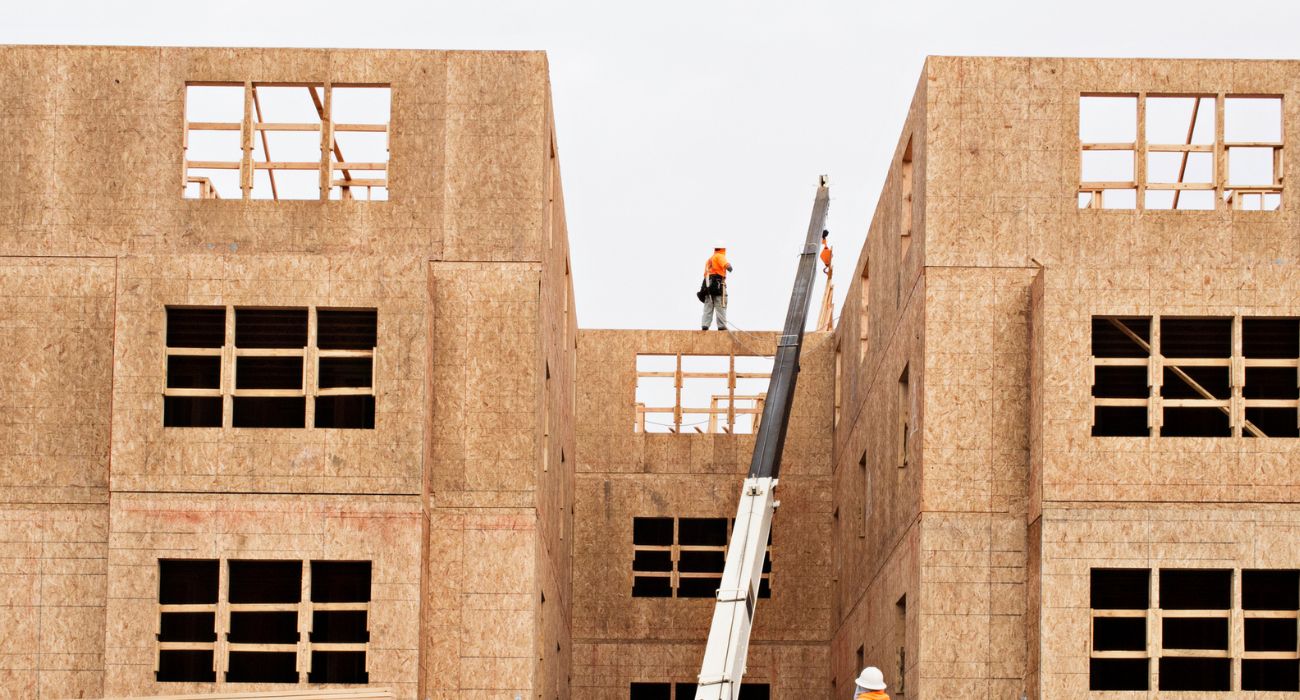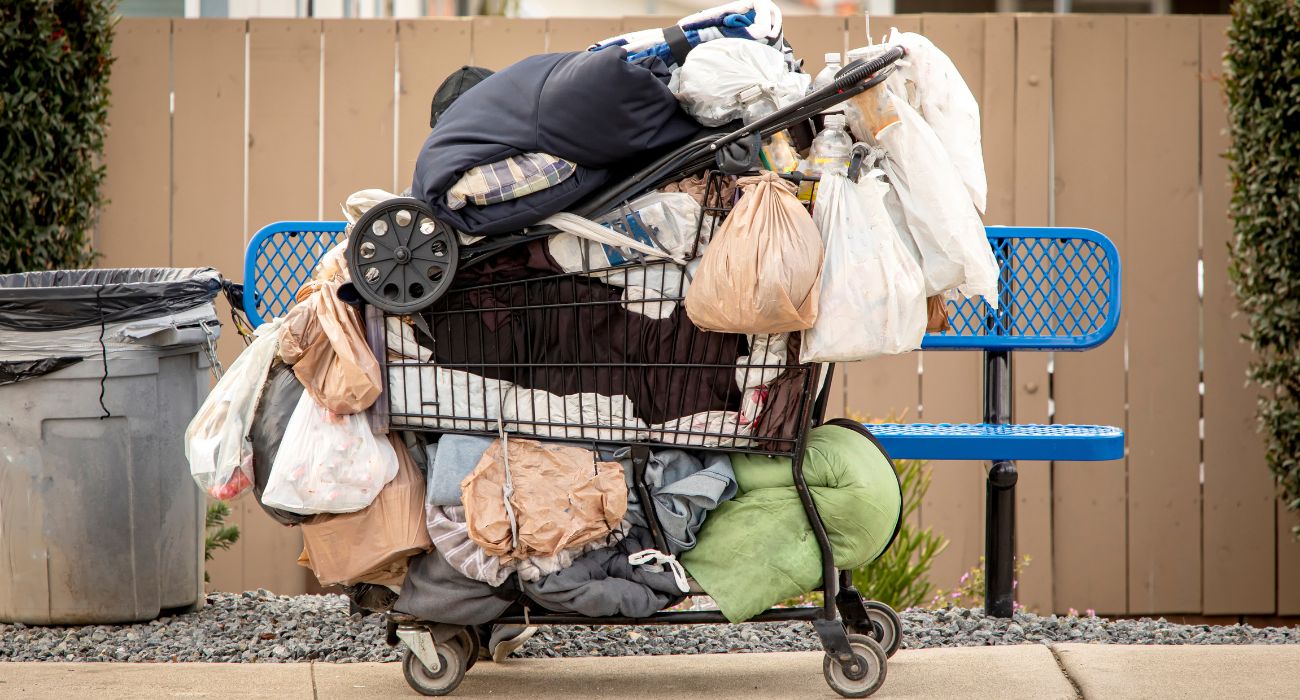One of the top barometers that city leaders are measured with is public safety; this is no different for Dallas.
Dallas Police Chief Eddie García took over the position in February 2021 when Dallas was on pace for a record-breaking number of homicides. García said his tenure would be measured by how violent crime is handled. He immediately implemented a violent crime reduction plan.
The plan is based on the theory that many crimes are concentrated in small areas or “hot spots.” The police department worked with criminologists from UT-San Antonio to identify the areas where crime is concentrated, and once identified, the department increased police visibility in those areas.
When the police department presented crime statistics last month to Dallas City Council, they showed a modest decline in violent crime. Councilmembers praised García for the decrease due to the plan he implemented.
According to the statistics, violent crime was down 8.5% from January to November 2021, compared to the same point in 2020. Meaning there were fewer homicides, aggravated assaults, and robberies.
Gail Capps, president of the Dallas Eagle Forum, provided a written statement to The Dallas Express.
“A few years ago, the Dallas Police Department was grossly understaffed, and calls were not even answered in many cases,” Capps explained. “At the same time, the police department was defunded in some areas, further discouraging building up the department.”
Capps said current District Attorney John Creuzot’s policy of not prosecuting thefts of $750 or less exacerbated the problem. “Similar policies have been implemented in many extremely liberal cities across our country with devastating results,” she added.
Capps credited Chief García for the recent improvements in violent crime despite the various policies mentioned prior that she says have impeded their work.
“García has been a force for giving support and encouragement to his officers and encouraging programs that support them rather than competing with or undermining them,” Capps said. “He is respected, and morale is improving.”
President of Keep Dallas Safe, Daniel Taylor, told The Dallas Express, “First, we think it’s great that the violent crime rate is going down, but to truly lower the overall rate DPD needs significantly more officers to employ the current strategy on a larger scale.”
Taylor also echoed Capps’ sentiments about prosecuting lower-level crimes.
He said, “We also need a DA that will prosecute these non-violent property crimes and stop giving criminals carte blanche. We’re not saying that everyone should go to jail for every little thing, but when criminals know they can commit theft or other property crimes and the only thing that comes out of it is an entry in a spreadsheet, they become emboldened.”
According to the most recent statistics released by the Texas Department of Public Safety in 2020, the total crime rate in Dallas was approximately 4.3 criminal offenses per 100 residents, higher than Texas cities Austin (4.1), Fort Worth (3.3), and El Paso (1.6). It is also a higher rate than the U.S. cities Boston, MA (2.8) and San Diego, CA (2.2), both comparable in population size to Dallas.
In the approved budget for 2022, the city authorized an increase in the funding of the police department. The police budget is increasing from $514 million to $566 million in 2022. With the additional funds, Dallas plans to hire 250 more police officers this fall and another 250 next fall. It will also increase minimum pay and salaries for first responders and increase hiring in the city’s 911 call center.
The budget passed with few people at the public hearing and even fewer councilmembers speaking out against the plan. It passed with an 11-3 vote in the city council. Domonique Alexander, the president of Next Generation Action Network, a civil rights organization based in Dallas, spoke with the New York Times about the lack of pushback against the increase in the police budget.
In 2020, “there was a lot of movement,” said Alexander. “With this new police chief, that is gone.”
Alexander, who grew up in the Oak Cliff neighborhood, said his group did not protest the plan because they had given up on the local political system. Instead, Alexander says, he and his group are planning to bring complaints about policing in Dallas directly to the U.S. Department of Justice.
Mayor Eric Johnson said the budget increase was necessary to combat crime.
“A police force that once had roughly 3,500 officers in its ranks just five years ago has hovered for years around 3,000 or so,” Mayor Johnson wrote on Medium. “Violent crime has increased during those years. Response times have slowed. The police department has been strained, blowing through overtime money just to keep up with residents’ needs for their services,” he said.
“For the time being, the police overtime budget is our backstop against rising violence in our city,” Johnson continued. “Chief García requested this funding to help supplement his efforts, and I don’t think we should make him jump through hoops to get this money that he’s telling us that we’re absolutely going to need.”
Councilmember Chad West was one of three votes against the plan. He represents North Oak Cliff and the Bishop Arts District. West proposed instead to put the increased funds in a reserve fund and told The Dallas Morning News that he did not view it as “jumping through hoops to simply ask for a briefing before the funds are automatically released to DPD.”
“I do not believe that supporting public safety and calling for accountability are mutually exclusive requests,” said West. “Our residents want both a strong police force and fiscal accountability. Anything less is completely unacceptable.”
Dallas increasing their police budget for 2022 is a reversal from a cut of $7 million from the police’s 2021 budget approved in September 2020. The city council approved the slash in funds following a summer of 2020 that was filled with nationwide protests centered on police department budgets. The protests did not spare Dallas; on one occasion, demonstrators gathered outside of Mayor Johnson’s home chanting “Defund! Reclaim! Reinvest!” in response to his refusal to reduce funding for Dallas PD.
The $7 million was reallocated to hire nearly 100 civilian workers, address other root causes of crime, and improve street lighting. The 2020 police budget was roughly $514 million following the $7 million cuts, or about 35% of the city’s entire budget, still making it Dallas’ single biggest expense.
Councilmember Adam Bazaldua, who represents South Dallas, introduced the proposal to reallocate the overtime funding. “Police presence may deter, but it is not the answer to getting rid of crime,” Bazaldua told The New York Times.
Mayor Johnson never supported the cuts. He took to radio airwaves and social media to call on his colleagues not to take money from police amid a rise in violent crime. Johnson instead promoted cutting $6 million from City Hall salaries.
City Manager T.C. Broadnax proposed cutting only about $750,000 from the police budget. Some activists in Dallas proposed cutting $200 million from the police budget, but it did not receive any support.
A few weeks after the budget cuts, then-Police Chief U. Renee Hall resigned after six city councilmembers criticized the PD’s use of force against protestors. A Dallas Morning News investigation alleged that police officers fired pepper-balls at peaceful protestors.
Hall’s resignation showed how important public safety is to city officials’ support from colleagues and residents. Current Chief García and Mayor Johnson appear to be making a concerted effort to avoid a similar fate.
García’s next phase of his crime prevention plan includes other medium and long-term strategies to keep violent crime down. The department is currently focusing on strategies to identify and disrupt criminal networks as part of the 2022 phase of Chief García’s plan.
Mayor Johnson believes the new budget will lower crime and help his and his colleagues’ job security.
“Dallas needs a more robust community policing effort to fight violent crime and strengthen neighborhoods,” Johnson wrote, “and to get there, the city needs to hire more police officers. There is no question about it.”

